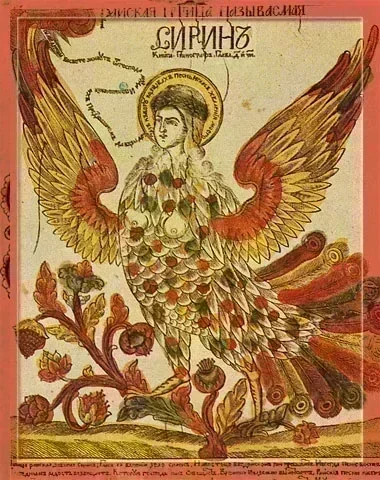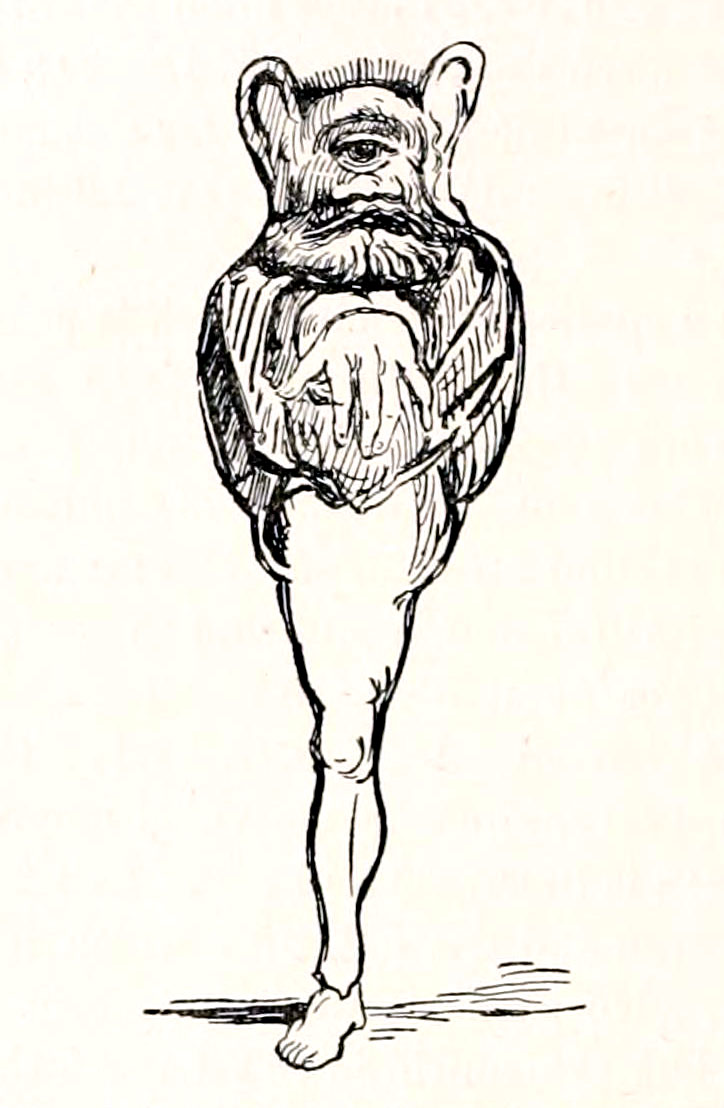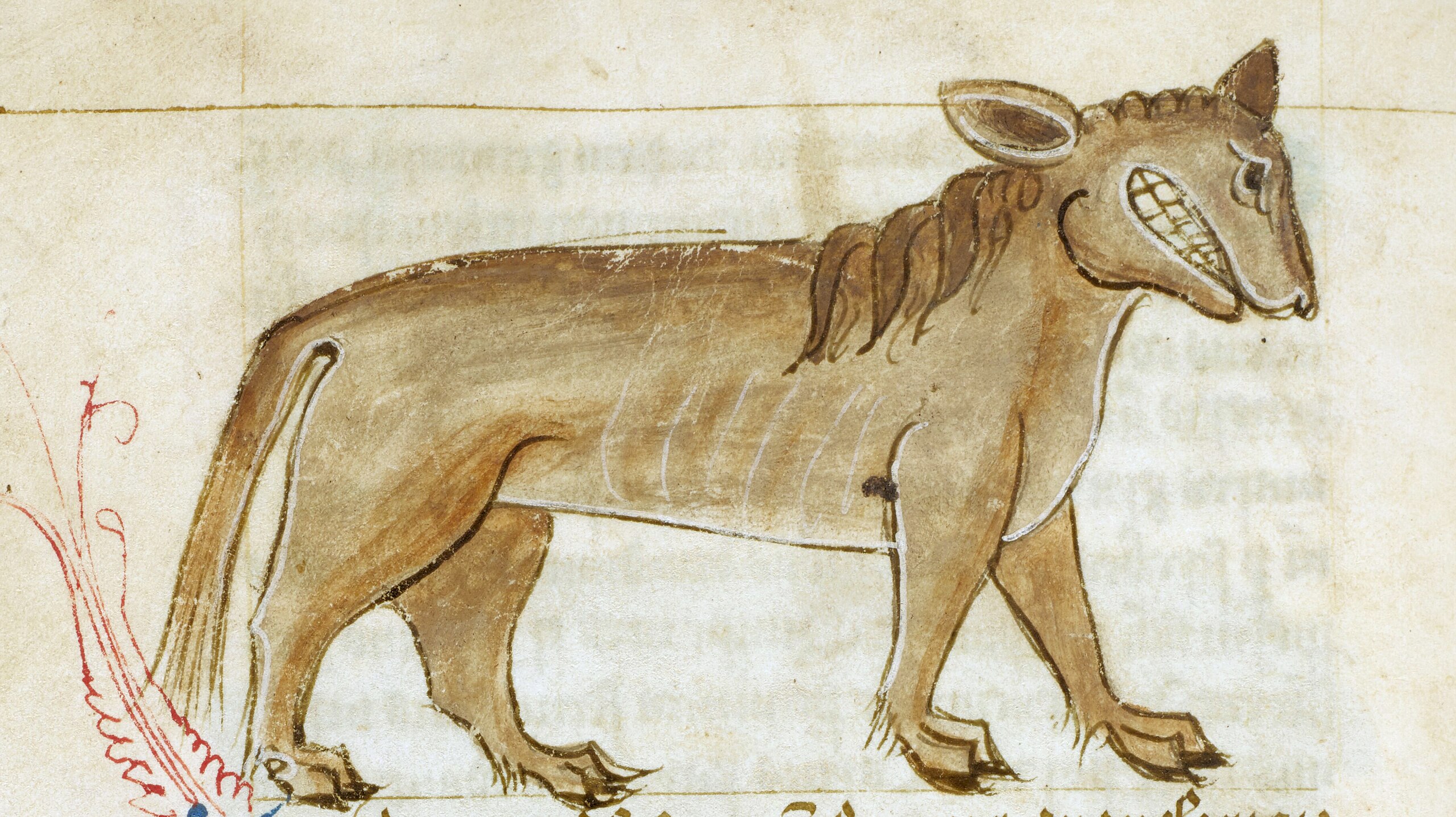Sirin

Sirin is a mythological creature from Russian legends, depicted with the head of a beautiful woman and the body of a bird (typically an owl). This creature was adapted from the Greek siren mythology. According to legend, the Sirin inhabited Iriy (a paradise-like place in Slavic mythology) or the region surrounding the Euphrates River.
Persian merchants likely introduced the Sirin legend to the Rus' during the 8th-9th centuries. The creature appears frequently on pottery, golden pendants, and even Gospel book borders from the 10th-12th centuries in Chersonesos and Kiev. Pomors traditionally illustrated Sirin as birds perched in paradise trees in their Book of Genesis renderings.
During the 17th-18th centuries, the Sirin's symbolism evolved to represent world harmony and its paradise-adjacent dwelling. Folk belief held that only fortunate individuals could hear a Sirin, while seeing one was exceedingly rare due to its elusive nature—as difficult to capture as human happiness itself. The Sirin came to embody eternal joy and heavenly bliss.
This half-woman, half-bird creature directly evolved from later siren folklore. Artists typically portrayed Sirin wearing a crown or nimbus. Though Sirin sang enchanting songs to saints predicting future happiness, the creature was considered dangerous—men who heard her singing would become oblivious to worldly concerns, follow her, and ultimately perish.
People would create loud noises with cannons and bells to drive away the bird. According to folklore, Sirin visits apple orchards on the morning of the Apple Feast of the Saviour, crying sorrowfully. Later that day, another mythical bird called the Alkonost arrives, expressing joy.
When Alkonost shakes dew from her wings, it bestows healing properties on the fruits of her perching tree. Sirin has been variously interpreted as a metaphor for divine messages entering human souls or as heretics tempting the vulnerable. Sometimes equated with the Slavic Wila spirits, Sirin was also conflated with Saint Ephrem the Syrian in Russian folklore.
This connection led peasant poets like Nikolay Klyuev to use "Sirin" as a poetic synonym.


